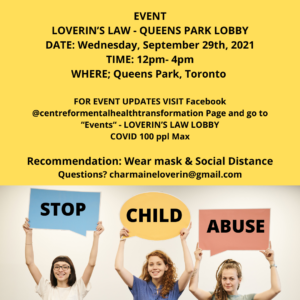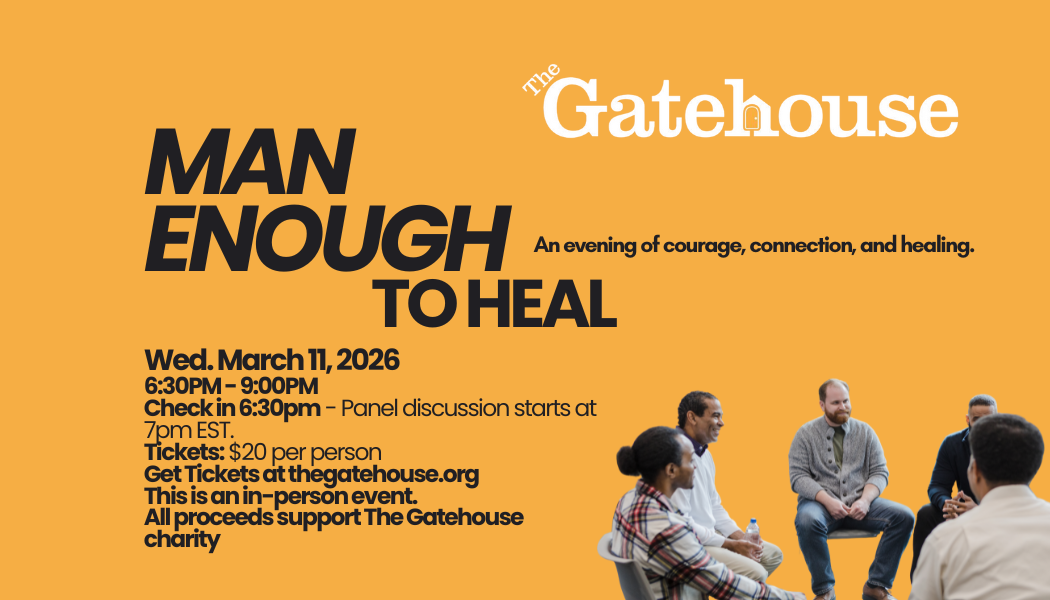Written by: Allison Van Kessel, Graduate Student, B.A. Practicum Student
What is addiction?
Addiction is a disease that can affect not just your physical body but your mental state and emotions as well. It may not always be regarding a substance, but could be related to an activity or attitude and the way someone is acting that is addictive. It is driven by shame and fear, especially in the case of survivors of childhood sexual abuse. Addictive behaviour is a way to alter our state of mind so that we do not have to deal with anything we find uncomfortable or scary (The Gatehouse, 2021). Addiction can numb you so that you can block out a trauma or event in your life that may be taking over your body (The Gatehouse, 2021).
How does addiction affect survivors of childhood abuse?
The NIH reports that more than 1/3 of individuals who reported abuse or neglect in their childhood will develop a substance use disorder before they are an adult (Liebschultz et al., 2016) and many studies link substance use problems to childhood abuse (Lohmann, 2018). This may be due to the fact that substance use is used as a coping mechanism to cope with the traumatic experiences and memories that you must live with (Lohmann, 2018) and this can turn into addiction very quickly with dependence. Using these substances and developing an addiction can be to cope or block out traumatic memories, deal with feelings of loneliness or isolation, improve self-esteem or self-worth, or cope with other mental health struggles a survivor may ay have (Lohmann, 2018). Also, studies show that women who are assaulted whether that be in childhood or adulthood have a higher chance of abusing substances (Liebschultz et al., 2016).
How do I cope with addiction after experiencing abuse?
Everyone copes differently with addiction, especially after a unique experience as a survivor in the world today, but one piece of advice is to take everything one step at a time, one day at a time. You are not going to recover or become completely sober if that is your goal in one day or one hour, it is a lifelong process that takes time and effort, but you can do it. You can find healthier coping mechanisms for when you are triggered or upset, such as some grounding techniques, and ensure that you surround yourself with supportive and trusted individuals. By surrounding yourself with people that will support you and care for you through your recovery journey or working through harm reduction tactics you will increase positivity and security in your life. Also, peer support groups such as the ones at The Gatehouse can connect you with supports and other individuals who may be struggling with addictions.
References
Liebschutz, J., Savetsky, J., Saitz, R., Horton, N., Lloyd-Travaglini, C. & Samet, J. (2016). The relationship between sexual and physical abuse and substance abuse consequences. Retrieved from: https://www.ncbi.nlm.nih.gov/pmc/articles/PMC4861063/
Lohmann, R. (2018). Childhood Sexual Trauma and Addiction – Understanding child sexual abuse and drug use. Retreived from: https://www.psychologytoday.com/ca/blog/teen-angst/201801/childhood-sexual-trauma-and-addiction
Silvermist. (2018). The Link Between Childhood Trauma and Addiction in Adulthood. Retreived from: https://silvermistrecovery.com/blog/2018/09/2019-guide-the-link-between-childhood-trauma-and/



